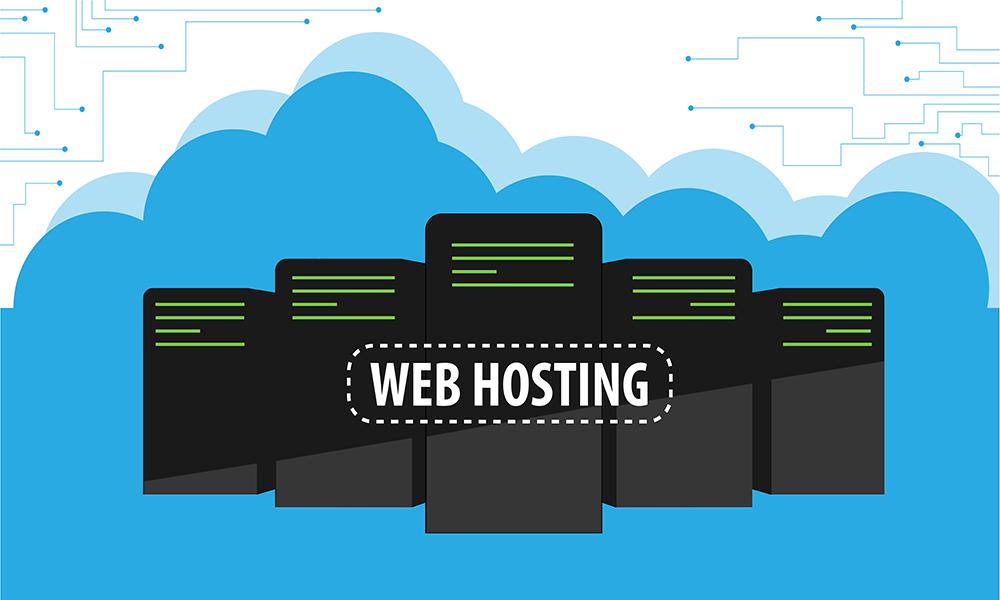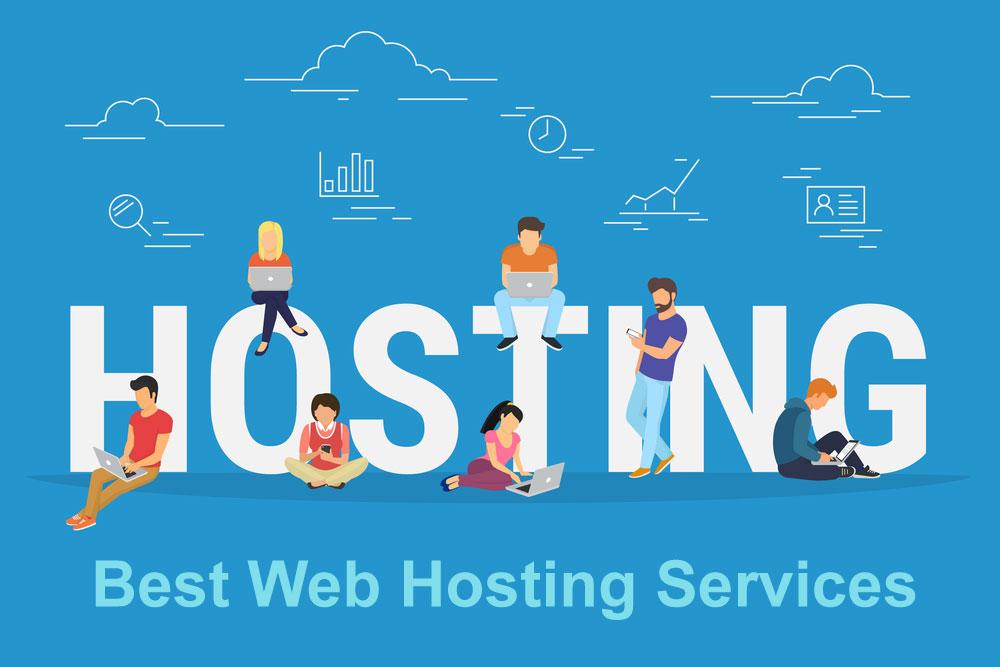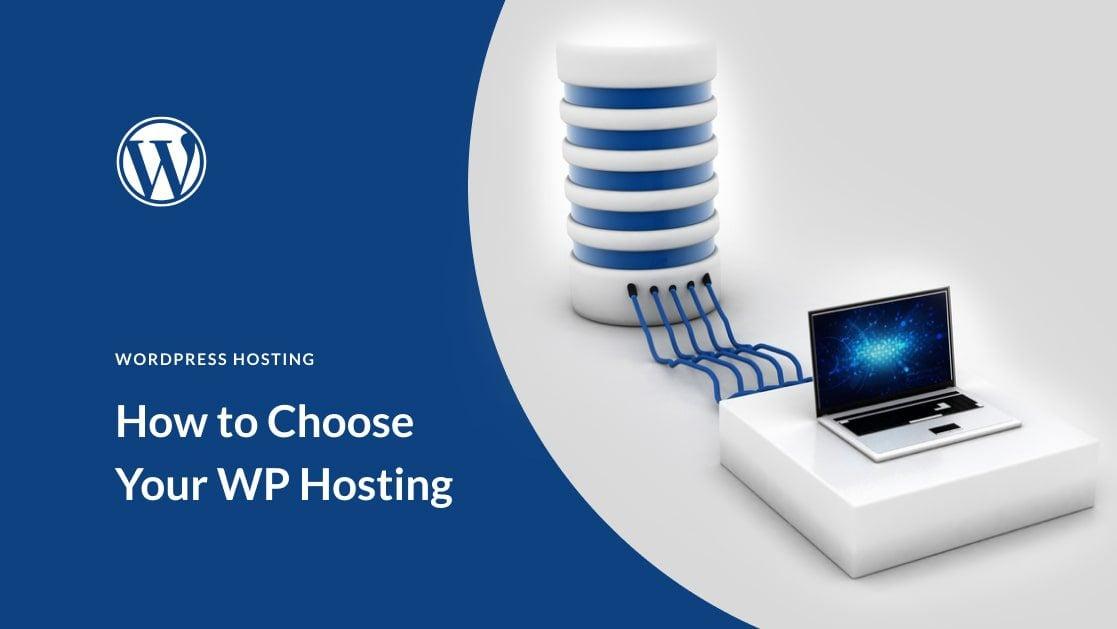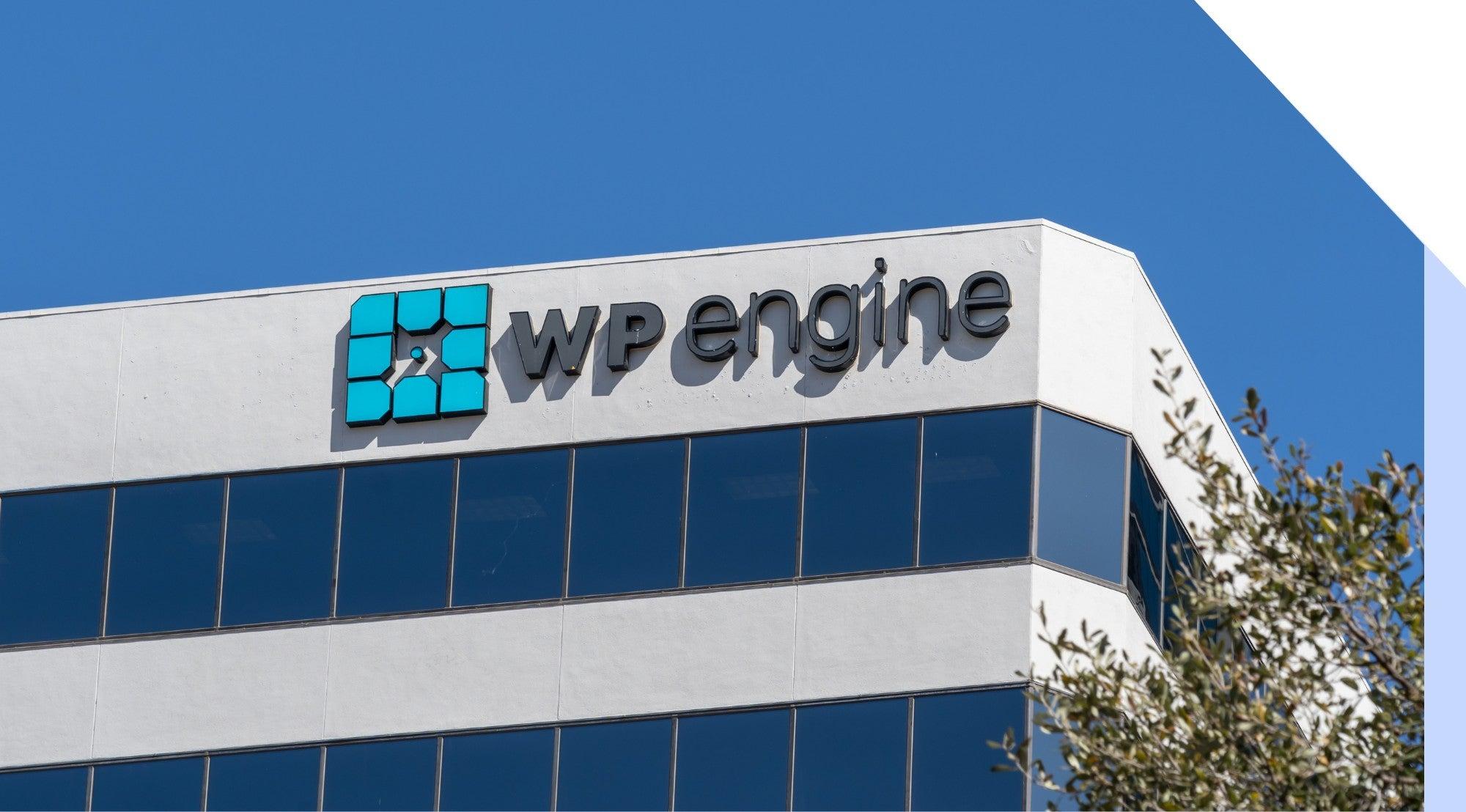Web Hosting vs WordPress Hosting: What’s the Difference?
Hey there! if you’re diving into the world of building your own website, you’ve probably stumbled across the terms “web hosting” and “WordPress hosting.” But wait—aren’t they the same thing? Well, not quite! Understanding the difference between these two types of hosting is crucial to ensuring your website runs smoothly and efficiently. Whether you’re launching a personal blog, an online portfolio, or an e-commerce store, choosing the right hosting solution can make all the difference in your online success. So,let’s break down these two options and help you find the perfect fit for your needs! Grab a cup of coffee, and let’s chat about what each type of hosting offers and how they can impact your website journey. You can also search for hosting coupon code promotions on domainhostcoupon.com
Understanding the Basics of Web Hosting and WordPress Hosting
Now, let’s narrow it down to WordPress hosting. While it is a form of web hosting, it comes with specific optimizations and features tailored for WordPress sites. WordPress is one of the most popular content management systems (CMS) globally, and hosting providers have developed special plans to enhance its performance. Choosing WordPress hosting means you’ll benefit from features like:
- Automatic updates: Keeping your WordPress core, plugins, and themes up to date without lifting a finger.
- Enhanced security measures: Protection against common threats targeting WordPress sites.
- Dedicated technical support: Assistance from experts who understand the nuances of WordPress.
- Optimized server configurations: Settings designed to ensure faster loading times for your WordPress site.
To illustrate the differences clearly, here’s a quick comparison:
| Feature | Web Hosting | WordPress Hosting |
|---|---|---|
| Performance Optimization | General | Specialized for WordPress |
| Ease of Use | Intermediate | user-friendly for WordPress |
| Customer Support | Standard | WordPress experts |
| Security Features | Basic | Advanced |
Ultimately, the choice between web hosting and WordPress hosting depends on your specific needs. If you’re looking to build a simple static website or a portfolio, customary web hosting might suffice. However, if you’re planning to create a blog, an e-commerce site, or a dynamic platform utilizing WordPress, investing in WordPress hosting will provide you with the tools and support necessary to thrive online.

Key Differences Between General Hosting and WordPress Hosting
When it comes to choosing a hosting type for your website, understanding the distinctions between general hosting and WordPress hosting can considerably impact your online presence.General hosting is a broad category that can cater to various website platforms,while WordPress hosting is specifically optimized for WordPress sites. Here are some crucial differences:
- Performance Optimization: WordPress hosting environments are tailored to enhance the performance of WordPress sites. This includes server configurations that are optimized for PHP and MySQL, which are critical for running WordPress smoothly.
- Pre-Installed Features: With WordPress hosting, you often get pre-installed features like automatic WordPress updates, themes, and plugins. General hosting, conversely, may require you to set these up manually.
- Security Measures: WordPress hosting typically includes enhanced security measures specifically designed to protect WordPress sites from vulnerabilities. This might involve firewalls, malware scanning, and even daily backups, which may not be as comprehensive in general hosting plans.
- Support specialization: Customer support for WordPress hosting providers usually consists of staff who are well-versed in WordPress-specific issues.This specialized support can be invaluable when you encounter problems unique to the WordPress platform.
additionally, the following table summarizes the key differences:
| Feature | General hosting | WordPress Hosting |
|---|---|---|
| Performance | Standard server configuration | Optimized for WordPress |
| Ease of Setup | Manual installation required | One-click installation available |
| Security | basic security features | Enhanced WordPress-specific security |
| Technical support | General support | WordPress-focused support |
Moreover, consider the scalability factor.WordPress hosting often offers scalable solutions that make it easy to upgrade your plan as your site grows. this flexibility is crucial for businesses anticipating traffic spikes or growth over time. In contrast, general hosting might require a more complex migration process if you outgrow your plan.
Ultimately, the choice between general hosting and WordPress hosting boils down to your specific needs. If you’re running a WordPress site, investing in WordPress hosting could save you time, provide you with specialized support, and enhance the overall performance of your website. Make an informed decision to ensure your website thrives online!
Performance Matters: How Each Type of Hosting Affects Your Site
When it comes to building a website, choosing the right type of hosting is crucial for performance.The hosting habitat directly influences not only the speed and reliability of your site but also user experience and SEO rankings. Two common options are web hosting and WordPress hosting, each offering distinct features that cater to different needs.
Web Hosting typically provides a more generalized solution. With this type of hosting, you usually get a shared server environment, which means your website shares resources with other sites. This can be cost-effective, but it often leads to slower load times, especially during peak traffic periods. Here are some critical points to consider:
- Resource Sharing: Your site may suffer if other sites on the server experience high traffic.
- Limited Optimization: It may lack specific features that enhance performance for certain platforms.
- Support Variability: Technical support may not specialize in the particular CMS you are using.
Conversely,WordPress Hosting is tailored specifically for wordpress websites. This specialization brings several performance benefits, ensuring that your site runs smoothly and efficiently. With optimized servers and built-in caching solutions, here are some advantages you can expect:
- Faster Load Times: Dedicated resources lead to quicker response times.
- Easy Setup and Management: Pre-configured settings for wordpress streamline the installation process.
- Enhanced security: WordPress hosting often includes security features that protect against common vulnerabilities.
| Feature | Web Hosting | WordPress Hosting |
|---|---|---|
| Speed | Medium | High |
| Setup Complexity | Moderate | easy |
| Support Focus | General | WordPress-Specific |
| Security | Basic | Advanced |
while both web hosting and WordPress hosting serve their purpose, the latter is specifically designed to improve performance for WordPress sites.By choosing WordPress hosting, you can ensure that your website remains fast, secure, and capable of handling growth efficiently.It’s not just about having a website; it’s about having a website that performs at its best.

Security Features: What You Need to Know for Your Website
1. SSL Certificates: An SSL certificate is essential for encrypting data between your website and its visitors. Most WordPress hosting providers include SSL certificates for free, making it easy to secure your site from the get-go. In contrast, traditional web hosting may require you to purchase and install an SSL separately.
2.Regular Backups: Data loss can occur for various reasons, from hacking attempts to server failures. WordPress hosting typically features automated backups, allowing you to restore your site quickly if somthing goes wrong.With standard web hosting, you might need to set up and manage backups manually, which can be time-consuming and error-prone.
3. firewall Protection: A robust firewall is vital for defending against cyber threats.Many WordPress hosting services come equipped with firewall protection specifically designed to block malicious traffic targeting WordPress sites.Regular web hosting may offer basic firewall options, but they might not be as optimized for WordPress security.
| Feature | Web Hosting | wordpress Hosting |
|---|---|---|
| SSL Certificate | Frequently enough requires purchase | Usually included for free |
| Backup Frequency | Manual setup | Automated daily backups |
| Firewall | Basic protection | Enhanced, WordPress-specific |
4. Malware Scanning and Removal: With the rise of cyberattacks, having malware scanning and removal features is essential. Many WordPress hosting services offer these tools as part of their package, ensuring that any malicious code is identified and eliminated swiftly. Traditional hosting might not provide this service, leaving your website vulnerable to threats.
By understanding these security features,you can make an informed decision about which hosting service is best suited for your website’s needs. Whether you’re running a personal blog or an e-commerce platform, prioritizing security will help you protect your data and build trust with your audience.
Ease of Use: Choosing the Right Hosting for Your Skill Level
When selecting a hosting option, your skill level plays a crucial role in determining which type of hosting is right for you. For beginners, a user-friendly interface and reliable customer support are essential. On the other hand, more experienced developers might prioritize flexibility and control over their hosting environment. Understanding the nuances of web hosting and WordPress hosting can help you make an informed decision.
For Beginners: If you are just starting out, consider opting for WordPress hosting. It’s specifically tailored for WordPress sites, which means you’ll benefit from:
- One-Click Installations: Quickly set up your site without technical jargon.
- Automatic Updates: Keep your WordPress core, themes, and plugins up to date effortlessly.
- Specialized support: Get assistance from teams that understand WordPress inside and out.
For Intermediate Users: If you have some experience but want to maintain a balance between ease of use and flexibility, shared web hosting can be a great option. It allows you to:
- Manage Multiple Sites: Host various projects without breaking the bank.
- Control Over Plugins: Install and customize plugins as per your needs.
- Basic cPanel Access: Familiarize yourself with website management tools.
For Advanced Users: If you’re a developer or someone with technical expertise, consider VPS or dedicated hosting. These options provide:
- Full Root Access: Customize your server environment as you see fit.
- Scalability: Easily upgrade resources according to your website’s growth.
- Performance Optimization: Optimize for speed and efficiency with advanced configurations.
Choosing the right hosting for your skill level is about finding the perfect balance between ease of use and the features you need. Be sure to evaluate what matters most to you—whether it’s simplicity, support, or control. Making an informed choice can set the foundation for a triumphant online presence.

Cost Considerations: Comparing Pricing Models and Value
Shared hosting is often the most economical choice, typically appealing to small businesses and personal websites. Prices can range from $2.99 to $10.99 per month. However, as a cost-effective solution, it may come with some downsides, such as limited resources and less customer support. Here’s a quick comparison of typical pricing for shared hosting plans versus WordPress-specific hosting:
| Hosting Type | Monthly Cost | Typical Features |
|---|---|---|
| Shared Hosting | $2.99 – $10.99 |
|
| WordPress Hosting | $5.00 – $30.00+ |
|
WordPress hosting may carry a higher initial cost, but it can provide important value for those using the platform. Managed WordPress hosting plans frequently enough include features tailored specifically for WordPress users, such as automatic backups, enhanced security, and performance optimizations. These features can save you time and headaches in the long run, which is essential if you’re not technically inclined.
Additionally, consider the scalability of your hosting choice. Many shared hosting plans can be limiting if your website starts to grow, potentially requiring a costly upgrade. In contrast,WordPress hosting providers frequently offer scalable plans that adjust to your website’s needs. This means that while you may start at a higher price point, you can grow without incurring excessive costs as your traffic increases.
Ultimately, making a choice between these hosting types boils down to weighing upfront costs against long-term value. Taking the time to assess your specific needs and future growth can significantly impact your decision-making process. With the right hosting, you’re not just paying for server space; you’re investing in the success of your website.

Support Systems: Which Hosting Service Offers Better Assistance?
When it comes to choosing a hosting service for your website, the level of support you receive can significantly impact your experience and success. Different hosting providers offer varying degrees of assistance, and understanding these differences is crucial for making an informed decision. Let’s delve into what you can expect from both general web hosting and wordpress hosting options.
General Web Hosting Support:
- Email Support: Most standard web hosting services provide email support, which can be slow and may take time to resolve issues.
- Live chat: some providers offer live chat options, but availability may be limited to business hours.
- Knowledge Base: A comprehensive knowledge base can be helpful, yet finding specific solutions might require sifting through a lot of facts.
WordPress Hosting Support:
- Specialized Expertise: WordPress hosting services frequently enough have staff with specialized knowledge in WordPress,providing more tailored support.
- 24/7 Assistance: Many wordpress hosts offer round-the-clock support, ensuring help is available whenever you need it.
- Migrating Made Easy: If you’re transitioning to a WordPress hosting provider, they frequently enough assist with the migration process, making it seamless.
Here’s a quick comparison of support features from popular hosting providers:
| Hosting Provider | Email Support | Live Chat | 24/7 Support | WordPress Expertise |
|---|---|---|---|---|
| Provider A | ✔️ | ✔️ (limited) | No | No |
| Provider B | ✔️ | ✔️ | ✔️ | ✔️ |
| Provider C | ✔️ | ✔️ | ✔️ | ✔️ (WordPress Experts) |
Ultimately, the importance of support cannot be overstated. If you’re running a WordPress site, the benefits of a hosting service that specializes in WordPress can be significant, from faster problem resolution to expert advice.Investing in a hosting plan that prioritizes customer support can save you time, headaches, and can ultimately lead to a more successful online presence.

Scalability and Growth: Future-Proofing Your Website Hosting Choice
When selecting a hosting solution, one of the most crucial factors to consider is how well it can accommodate your future needs. Whether you are starting a personal blog or managing a bustling e-commerce platform, your choice should be grounded in the potential for growth and scalability. This ensures that your site can handle increasing traffic and a growing inventory without compromising performance.
With traditional web hosting, you might find yourself restricted by preset limitations. This can be particularly challenging as your website begins to attract more visitors or if you want to expand your content offerings.On the other hand, WordPress hosting is specifically optimized for WordPress sites and often includes built-in scalability features, such as:
- One-click scaling: Easily upgrade your resources as needed.
- Resource allocation: Automatically adjust server resources based on traffic spikes.
- Optimized performance: Tailored caching and CDN integration for faster load times.
This specialized approach not only allows for seamless growth but also enhances the overall user experience. With faster load times and reduced downtime, your visitors are more likely to stay engaged, which can lead to increased conversions and improved search engine rankings.
When considering your options,it’s significant to weigh the long-term benefits of investing in a robust hosting solution. A well-structured hosting plan can mean the difference between a site that struggles to keep up with demand and one that thrives amidst increased traffic.Here’s a simple comparison to illustrate:
| Feature | Web Hosting | WordPress Hosting |
|---|---|---|
| Performance Optimization | Basic | Advanced |
| Automatic Scaling | No | Yes |
| Specialized Support | General | wordpress-specific |
Ultimately, investing in the right hosting solution can set the stage for your website’s success. By choosing a service that is tailored to support your future growth, you position yourself as a forward-thinking business or creator ready to seize opportunities as they arise. So, when making your decision, remember to prioritize scalability and performance to ensure your website not only meets today’s demands but can also adapt to tomorrow’s challenges.

Making the Right Choice: Tips for Selecting Your Ideal Hosting Plan
- Assess Your Technical Skills: If you’re a beginner, opt for WordPress hosting, which typically offers a user-friendly interface and one-click installations. Standard hosting may require more technical know-how.
- Consider Your Website’s Purpose: For blogs or portfolios, WordPress hosting is optimized for content management, making it easier to manage posts and media. If you’re building a more complex site with varied technologies, standard hosting might potentially be a better fit.
- Evaluate Performance Needs: WordPress hosting frequently enough includes features like caching, which can enhance the speed of your site. If high traffic is expected, ensure your host can accommodate that with the right resources.
- Look for support Options: Verify the support offered by your hosting provider. WordPress hosting usually includes specialized support for WordPress issues, while general web hosting might lack this expertise.
Another important factor is the scalability of your hosting plan. Start small, but ensure that your hosting provider can easily upgrade your plan as your website grows. check for features like:
| Feature | WordPress Hosting | Standard Hosting |
|---|---|---|
| Automatic Updates | Yes | No |
| WordPress-Specific Support | Yes | Varies |
| Optimized Performance | Yes | No |
| Security Features | Enhanced | Standard |
always check reviews and testimonials from current users. This can provide valuable insights into real-life performance and customer service experiences. Making an informed choice regarding your hosting plan is vital for both your peace of mind and your website’s longevity.

Conclusion: Finding the Best Hosting Solution for Your Needs
Choosing the right hosting solution is crucial for the success of your website. Whether you opt for standard web hosting or specialized WordPress hosting, understanding your specific needs will guide you to make the best decision. Each option offers unique features, advantages, and potential drawbacks that cater to different types of users—from bloggers and small businesses to larger enterprises.
when evaluating your options, consider the following factors:
- Performance: WordPress hosting is typically optimized for speed and efficiency, which can result in faster load times for your site.
- Security: While both hosting types offer security features, WordPress hosting often includes specific protections against common vulnerabilities, making it a safer option for WordPress sites.
- Support: If you’re running a wordpress site, having access to specialized support is invaluable. WordPress hosting providers usually employ staff who are educated about the platform.
- Scalability: Think about the growth of your website.Choosing a hosting solution that can scale with your needs will save you time and hassles in the long run.
Another key aspect to consider is the cost. While WordPress hosting may come at a premium compared to general web hosting, the benefits often outweigh the additional expense, especially if you’re looking for enhanced performance and support tailored to your website’s needs. Below is a simple comparison of cost considerations:
| Hosting Type | Typical Cost (Monthly) | Value Offered |
|---|---|---|
| Web Hosting | $3 – $10 | Versatile, general support |
| WordPress Hosting | $5 – $30 | Optimized for WordPress, specialized support |
Ultimately, the best hosting solution for you hinges on your specific needs and goals. Are you looking for a general-purpose platform, or do you require a more tailored approach? By weighing the advantages and drawbacks of each option, you can select a hosting service that will empower your online presence, ensuring that your website runs smoothly and efficiently.
Remember,investing time in researching the right hosting solution now can save you significant headaches later. Make a choice that aligns with your current needs while keeping future growth in mind. With the right hosting solution, your website can flourish, providing a seamless experience for your visitors and a solid foundation for your online endeavors.
Frequently Asked Questions (FAQ)
Q: what’s the main difference between web hosting and WordPress hosting?
A: Great question! At its core, web hosting is like renting space on the internet to store your website files, while WordPress hosting is a specialized type of web hosting optimized specifically for WordPress websites. Think of it this way: if web hosting is a generic apartment, WordPress hosting is a luxury condo tailored for those who want a seamless WordPress experience!
Q: why should I choose WordPress hosting if I’m using WordPress?
A: Choosing WordPress hosting offers several benefits. For starters, it typically comes with features like one-click installations, automatic updates, and enhanced security specifically designed for WordPress, which can save you a lot of time and hassle.Plus, the support teams for WordPress hosting are usually more knowledgeable about WordPress issues, meaning you get quicker and more effective help when you need it.
Q: Are there any downsides to using WordPress hosting?
A: While WordPress hosting has many advantages, it can be a bit more expensive than basic web hosting plans. Additionally,some WordPress hosting providers may have restrictions on certain plugins or themes to maintain performance and security. Though, if you’re serious about your WordPress site, the benefits frequently enough outweigh these minor drawbacks!
Q: Can I host a non-WordPress site on a WordPress hosting plan?
A: Technically, yes, but it’s not recommended! WordPress hosting is optimized for WordPress sites, so if you try to host a non-WordPress site, you might miss out on the tailored resources and support that come with it. It’s like trying to fit a square peg into a round hole—it might work, but you won’t get the best results.
Q: How do I know which hosting option is best for me?
A: it really depends on your needs! If you’re planning to create a blog, a portfolio, or any site using WordPress, then WordPress hosting is likely your best bet. On the other hand, if you’re looking to host multiple sites with different platforms, traditional web hosting may give you the flexibility you need. Take a moment to consider your goals, and that will guide you in the right direction!
Q: What should I look for in a WordPress hosting provider?
A: Look for speed, reliability, and excellent customer support.A good WordPress hosting provider should offer features like automatic backups, SSL certificates for security, and a user-friendly dashboard. Also,check reviews to see how current customers feel about their experiences. You want a provider that not only talks the talk but also walks the walk!
Q: Is switching from web hosting to WordPress hosting easy?
A: Yes, it can be quite straightforward! Most reputable WordPress hosting providers offer migration services to help you move your site over seamlessly. Just make sure to back up your website first. With the right support, you’ll be up and running on your new hosting in no time!
Q: Is wordpress hosting worth the investment?
A: Absolutely! If your website is built on WordPress, investing in WordPress hosting can significantly enhance your site’s performance, security, and overall user experience.It’s designed to help you focus on creating great content without worrying about the technical details—definitely worth it in our book!
Feel free to ask if you have any more questions about web hosting versus WordPress hosting!
wrapping Up
when it comes to choosing between web hosting and WordPress hosting, it’s clear that understanding your needs is paramount. If you’re a casual user looking to start a simple website, traditional web hosting might just do the trick. however, if you’re diving into the world of WordPress—whether for blogging, e-commerce, or showcasing your portfolio—WordPress hosting could be the better fit.
With its optimized performance, enhanced security, and specialized support, WordPress hosting can save you time and headaches down the line. plus, it often includes features designed specifically for the WordPress platform, making your experience smoother and more efficient.
So, take a moment to assess what you truly need. are you looking for speed, convenience, and reliability tailored to WordPress? Or do you prefer the flexibility of general web hosting? Whichever path you choose, make sure it aligns with your goals and vision.
Remember, the right hosting can make all the difference in your online journey. So, go ahead, make an informed decision, and watch your website flourish! Happy hosting!




